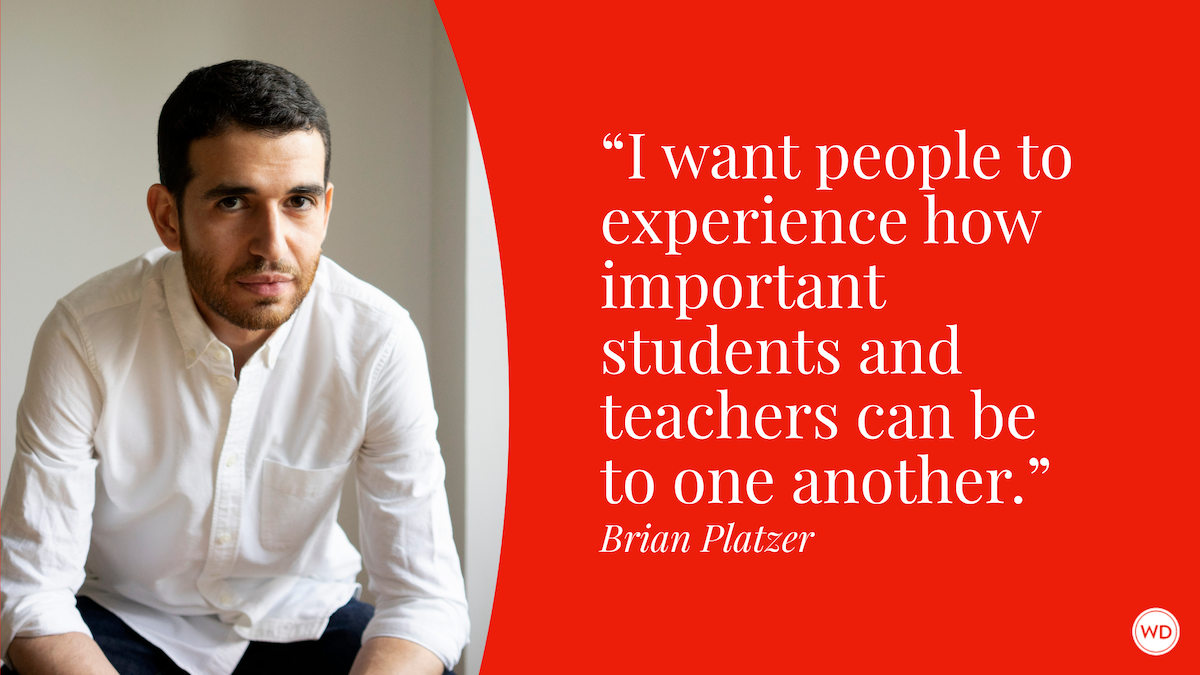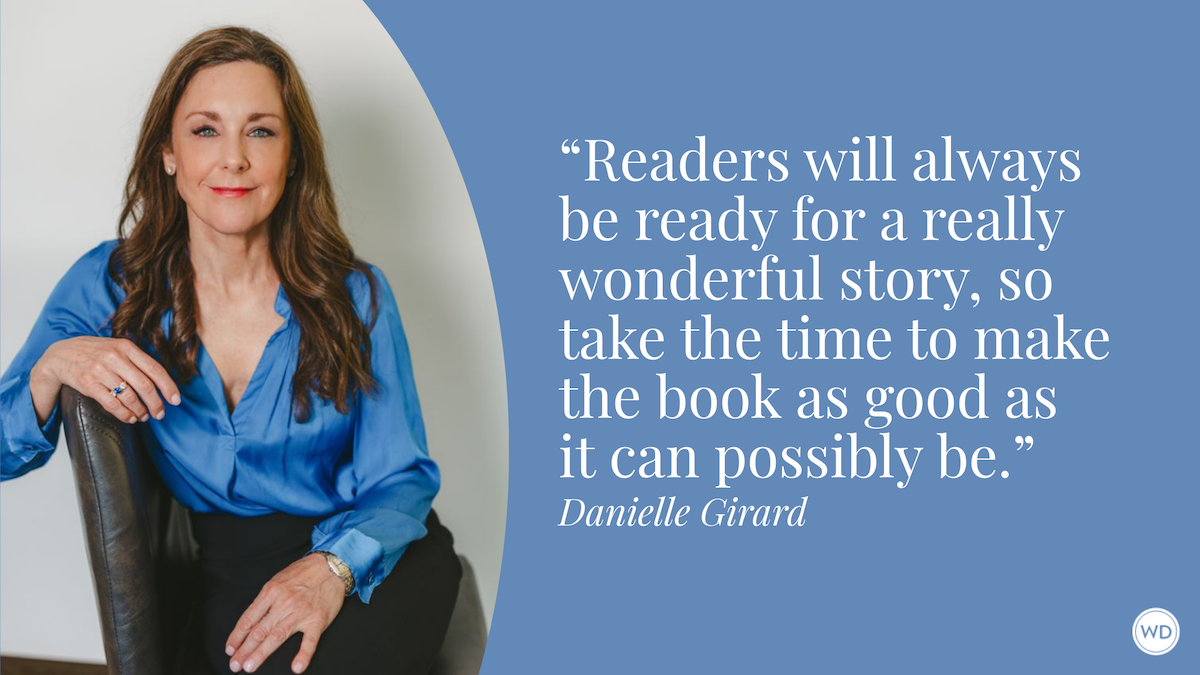Deborah Crossland: On Finding a Premise and Outlining
Debut author Deborah Crossland shares how a song and depth psychology helped inspire her debut novel, along with some thoughts on the publishing process and outlining.
Deborah Crossland (she/her) teaches English and mythology at her local community college and writes myth-based, contemporary novels with a feminist bent for young adults. She is passionate about making education accessible for everyone.
She lives in Northern California with her husband and her daughter's very spoiled, retired service dog. Follow her on Twitter, Facebook, and Instagram.
In this post, Deborah shares how a song and depth psychology helped inspire her novel, along with some thoughts on the publishing process and outlining.
Name: Deborah Crossland
Literary agent: Mollie Glick
Book title: The Quiet Part Out Loud
Publisher: Simon & Schuster Books for Young Readers
Release date: June 27, 2023
Genre/category: YA Contemporary
Elevator pitch for the book: For fans of You’ve Reached Sam and A Heart in a Body in the World, this searing and heartrending teen novel follows an ex-couple as they struggle to reunite in the wake of a devastating earthquake.
What prompted you to write this book?
A couple years ago, a song called “If the World Was Ending” by JP Saxe and Julia Michaels made its way onto one of my playlists. It’s about a couple who’d broken up and are now living completely separate lives. After a small earthquake, they ask each other that if a major disaster struck, would they spend their last days together. I became obsessed with this idea that two people, who loved each other intensely enough to want to share their last moments on earth together, couldn’t get out of their own way long enough to be happy.
At the time, I was writing my dissertation for my Ph.D. in mythological studies with an emphasis in depth psychology, so I was reading a lot about C. G. Jung’s shadow archetype theory. And the song reminded me of the story of Orpheus and Eurydice where Orpheus journeys all the way into the underworld to retrieve his love.
Somehow all of it became enmeshed and Mia, one of the main characters was born. Because I wouldn’t stop talking about the premise, my critique partner dared me to put my dissertation aside and write what we were calling “the earthquake book,” and I did.
How long did it take to go from idea to publication? And did the idea change during the process?
The entire process took about three years. The major storyline never really changed but how I structured it went through the most variations. After the premise rumbled around in my brain for a month or so, I started playing with the plot.
I knew I wanted to tell the story of their romance as well as the one after the quake, but I wasn’t sure how I could fit all of it into one book. It took some trial and error with point of view and present and past tense, and then I did the thing every English teacher (including myself!) tells their students not to do—wrote one POV in second person.
I’ll admit, I did wrestle with how I wanted the story to end, but I won’t say more because I don’t want to spoil it.
Were there any surprises or learning moments in the publishing process for this title?
Oh, yes! I feel like what a pre-published author knows about the actual publishing process is akin to reading a blurb on the back of a book to figure out a story’s complete plotline. I had no idea how many people it takes to make a story book-worthy, but I am so grateful for every one of them. I probably asked way too many questions!
Were there any surprises in the writing process for this book?
I’m a huge plotter. I use sticky notes, a white board, and have even developed my own 27-step Heroine’s Journey outline. Outlining the two points of view separately was its own task, but the process of putting them in conversation with each other was a fun challenge.
I loved crafting sentences and sayings they would’ve picked up from each other when they were together and using them in the post-earthquake storyline to show how much they’re still connected.
What do you hope readers will get out of your book?
I’m an internal stakes stan. Give me a story where I can dive deep into a character’s psyche, and I’ll be over the moon. So, if readers could take anything away from The Quiet Part Out Loud, it’s the metaphor of the earthquake and all that goes with it.
If you could share one piece of advice with other writers, what would it be?
The best thing I could tell other writers is to not be afraid to challenge yourself. Trust your instincts and write the thing.








